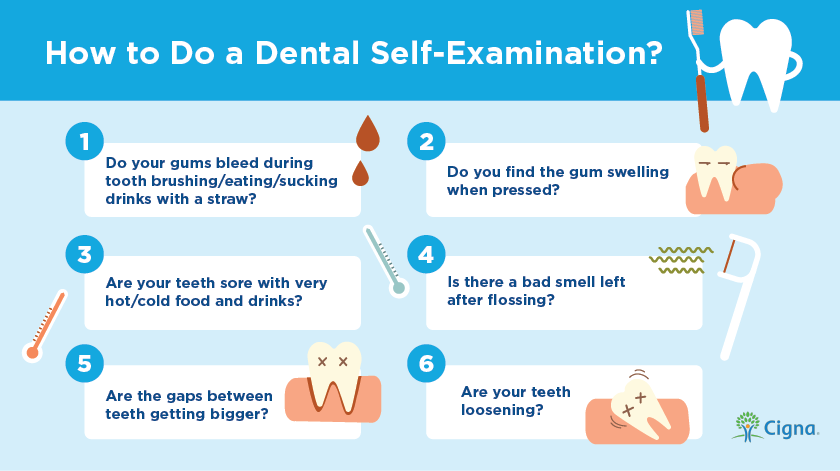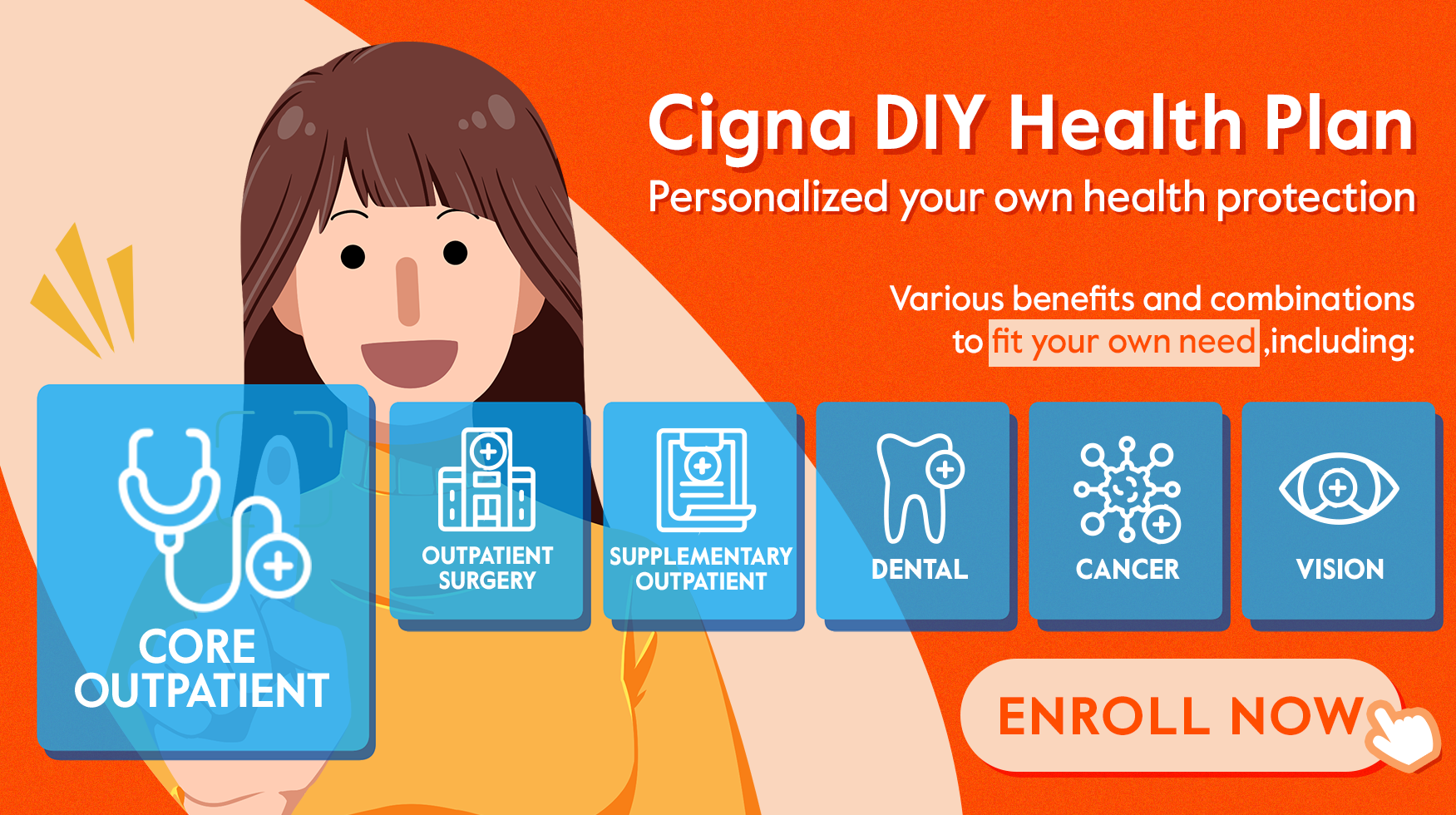Most people experience oral health conditions at some point. Healthy teeth and gums is more than a friendly smile, it reduces oral diseases such as tooth decay, gum disease, toothache, and tooth loss at large. In the early stage of gingivitis, the gums may become inflamed and to bleed easily. Untreated gum disease may leap into periodontitis, meaning the gums around the teeth become infected and more gum tissue and bone are destroyed.
Why is Oral Hygiene So Important?
Bad oral health can spill to other medical conditions. It includes Cardiovascular disease, dementia, respiratory infections, diabetes, pregnancy complications, infertility, erectile dysfunction, cancer, kidney disease, and rheumatoid arthritis.
With Cardiovascular disease as an example, the gums are inflamed due to the bacteria that causes periodontal diseases; that same bacteria can get into the bloodstream causing the arteries to build up plaque and harden. This hardening of the arteries is called atherosclerosis which can lead to hypertension and increase strokes' risk.
According to the latest research, people with general health conditions may be exposed to diabetes mellitus type 2 when blood sugar level is interrupted by gum disease.
Six tips for healthy teeth and gums
If plaque is allowed to build up, it can lead to oral problems. Oral hygiene is not rocket science and we can start with brushing your teeth. Here are six lifestyle tips for healthy and white teeth:
- Good oral hygiene: Brush and floss your teeth correctly.
- Choosing a good toothbrush: Toothbrushes get old and frayed and should be replaced every three months. According to the ADA, a soft-bristled toothbrush is generally recommended as hard-bristled toothbrushes tend to damage gums and tooth enamel.
- Healthy teeth diet: Reduce the intake of sugar and drinks that contain high sugar, which can bring down the risk of tooth decay.
- Quit smoking: Smoking is one of the most significant risk factors for gum disease.
- Visit your dentist regularly: At least once every 6 months, or more frequently if necessary. A dentist will check tooth decay, plague, gum conditions, among others.
- Regular scaling: Scaling helps remove plaque, tartar and stains on your teeth, reducing the risks of periodontal disease. The golden rule is to have a routine scaling every 6 or 12 months.
Looking out for specific symptoms
Get a dental appointment immediately if you gather three or more 'yes' to the following questions.

- Do your gums bleed during tooth brushing/eating/sucking drinks with a straw?
- Do you find the gum swelling when pressed?
- Are your teeth sore with very hot/cold food and drinks?
- Is there a bad smell left after flossing?
- Are the gaps between teeth getting bigger?
- Are your teeth loosening?
Keep smiling with good dental health. Cigna DIY Health Plan enables you to freely choose from various protection benefits to customise your plan to your individual needs, including dental coverage, regular oral check-up, treatment cost and emergency. Tailor your health coverage now.
Sources:


